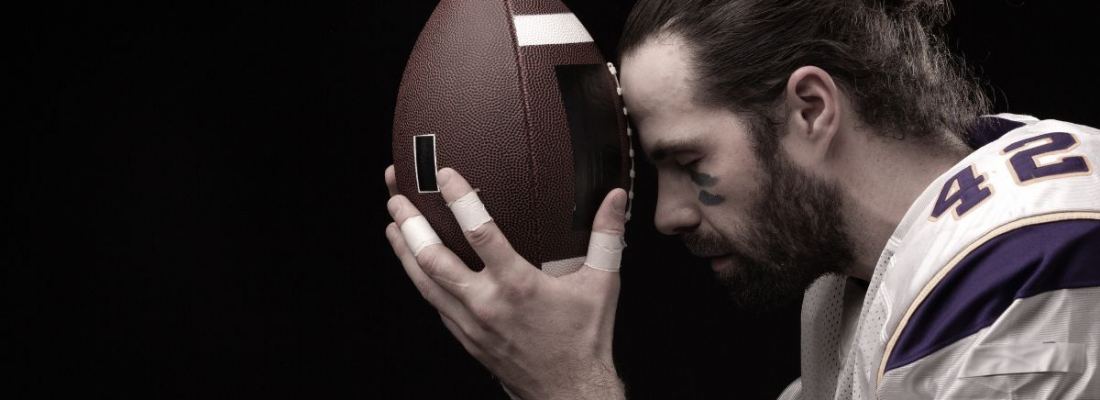The U.S. Supreme Court has agreed to hear arguments this spring in the case of a former Seattle-area football coach who lost his job after he refused to stop praying on the high school football field. In 2019, the High Court refused to get involved in a previous stage of Kennedy v. Bremerton School District, stating that it was premature for them to hear the legal issues that the case raised. However, at that time, the Court’s four conservative justices expressed interest in the legal issues that the case raised and indicated that they might want to hear the case at a later stage of the proceedings.
History of the Case
Joe Kennedy was a high school football coach whose Christian beliefs compelled him to kneel and offer a silent or quiet prayer on the 50-yard line of the field following every game. This practice evolved as students began to join him. In addition, he began to give short motivational speeches to the students with a religious context, including a short prayer.
School officials claimed that parents of players felt that their children were being compelled to pray with their coach on the field. As a result, school officials attempted to accommodate Kennedy by asking him to pray separately from the students, offering him time and space to pray before and after games. However, the school district placed him on paid administrative leave in 2015 after claiming that he refused to change his practices. The head football coach recommended that the school district not rehire Kennedy for the following school year due to his violation of school policy. Instead of seeking rehire, Kennedy sued based on an alleged violation of his First Amendment rights.
Lower Court Rulings
The federal district court rejected Kennedy’s arguments and sided with the school district. On appeal, the U.S. Court of Appeals for the Ninth Circuit ruled that allowing Kennedy to pray on the football field, in full view of spectators and with players at times, would violate the First Amendment’s prohibition on government establishment of religion. In doing so, the court reasoned, Kennedy was acting not as a private citizen but as a public employee.
The Case Before the Supreme Court
Kennedy v. Bremerton School District raises two significant issues. First, the Court must decide whether a public-school employee engaging in a brief prayer at a school event before students constitutes government speech that lacks First Amendment protections. Next, if the employee’s speech is private and thus protected by the First Amendment, the Court must decide whether the establishment clause nevertheless compels public schools to prohibit the speech.
Kennedy is arguing before the Supreme Court that the Ninth Circuit ruling against him is having a chilling effect on the religious expressions of hundreds of thousands of teachers nationwide. According to Kennedy, the Supreme Court has long held that teachers and students need not give up their First Amendment rights while at school.
In contrast, the school district argues that Kennedy’s action left them with two choices: either it could allow Kennedy to dictate school policies or take steps necessary to curb Kennedy’s actions. Permitting Kennedy to pray in this context would allow him to dictate how the school is run. It also would create a risk of threatening students’ safety and religious freedom, the school argues, so it chose to curtail Kennedy’s actions.
We Are Here to Help You with Your Legal Issues The attorneys and staff of Church Law Center focus on providing legal assistance to nonprofits, churches, and religious organizations. As federal and state laws continue to evolve rapidly in these areas, we pride ourselves on keeping up to date with these changes as they occur. Our goal is to help you prevent legal issues before they occur. Contact our offices today at (949) 892-1221 or online and schedule an appointment to speak with us about your case.






